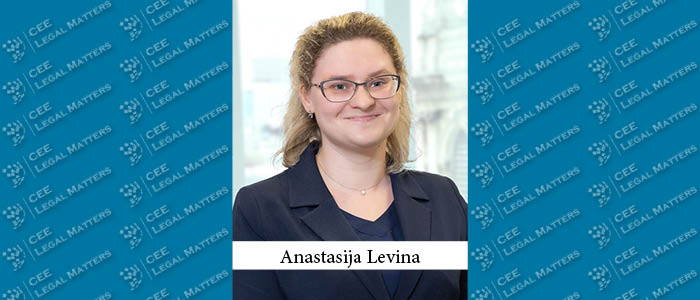The amendment to the Code of Administrative Justice, slated to take effect on 1 January 2025, will bring many changes.
The main ones include the following:
- Persons for whom a data box is set up without a request will be required to make submissions to the court electronically. In addition, paper and electronic forms of submission will be "equalised". Thus, where a court formerly would not consider a non-supplemented electronic submission at all, the court will now have to first invite the participant to correct the deficiency.
- The rights of the parties to the proceedings will be strengthened. In particular, the powers of administrative and civil courts deciding according to part five of the Code of Civil Procedure will be better demarcated. Furthermore, the possibility to review estate regulations issued by professional chambers has been added. The range of persons who will be able to propose such a review will also be expanded. The decision-making of the Supreme Administrative Court is strengthened in favour of the appeal, which will speed up proceedings and prevents the game of ping-pong between the Supreme Administrative Court and the regional courts.
- There are conceptual changes in the cassation appeal procedure. The complainant must now be mandatorily represented already at the stage of drafting the complaint, which is expected to increase the quality of the submission. The possibility of being represented by other persons providing specialised advice (tax advisor, notary, etc.) is also regulated. Unlike legal representation, which must continue to be carried out by a lawyer as a natural person, these other permissible representatives can also be legal entities. However, the new regulation clarifies the requirement that, in such a case, only a natural person who performs this specialised consultancy should act as a legal entity.
By Anastasija Levina, Junior Associate, Eversheds Sutherland
















